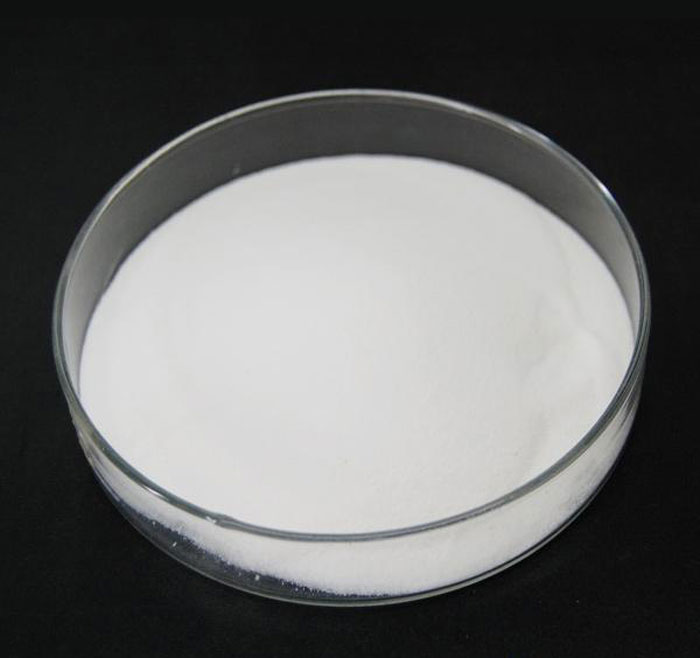Aspirin is used in the treatment of a number of conditions, including fever, pain, rheumatic fever, and inflammatory diseases, such as rheumatoid arthritis, pericarditis, and Kawasaki disease. Lower doses of aspirin have also shown to reduce the risk of death from a heart attack, or the risk of stroke in some circumstances. There is some evidence that aspirin is effective at preventing colorectal cancer, though the mechanisms of this effect are unclear.
 
Pain
In most cases, aspirin is considered inferior to ibuprofen for the alleviation of pain, because aspirin is more likely to cause gastrointestinal bleeding.Aspirin is generally ineffective for those pains caused by musclecramps, bloating, gastric distension, or acute skin irritation.As with other NSAIDs, combinations of aspirin and caffeine provide slightly greater pain relief than aspirin alone.Effervescent formulations of aspirin, such as Alka-Seltzer or Blowfish,relieve pain faster than aspirin in tablets,which makes them useful for the treatment of migraines.
Topical aspirin may be effective for treating some types of neuropathic pain.
Headache
Aspirin, either by itself or in combined formulation, effectively treats some types of headache, but its efficacy may be questionable for others. Secondary headaches, meaning those caused by another disorder or trauma, should be promptly treated by a medical provider.
Among primary headaches, the International Classification of Headache Disorders distinguishes between tension headache (the most common), migraine, and cluster headache. Aspirin or other over-the-counter analgesics are widely recognized as effective for the treatment of tension headache.Aspirin, especially as a component of an acetaminophen/aspirin/caffeine formulation, e.g., Excedrin Migraine, is considered a first-line therapy in the treatment of migraine, and comparable to lower doses of sumatriptan. It is most effective at stopping migraines when they are first beginning.There is little data that suggest the aspirin is an effective treatment for cluster headache.
Fever
Like its ability to control pain, aspirin's ability to control fever is due to its action on the prostaglandinsystem through its irreversible inhibition of COX. Although aspirin's use as an antipyretic in adults is well-established, many medical societies and regulatory agencies (including the American Academy of Family Physicians, the American Academy of Pediatrics, and the U.S. Food and Drug Administration (FDA)) strongly advise against using aspirin for treatment of fever in children because of the risk of Reye's syndrome, a rare but often fatal illness associated with the use of aspirin or other salicylates in children during episodes of viral or bacterial infection.Because of the risk of Reye's syndrome in children, in 1986, the FDA required labeling on all aspirin-containing medications advising against its use in children and teenagers.
Heart attacks and strokes[edit]
The first studies of the effect of Aspirin on cardiac function and stroke prevention was carried out by Professor Peter Sleight, Emeritus Professor of Cardiovascular Medicine at Oxford University in the early 1970s.Prof Sleight and his research team at Oxford led the way and formed the foundation for the research into the use of aspirin in the prevention of other medical conditions.
For a subset of the population, aspirin may help prevent heart attacks and strokes. In lower doses, aspirin has been known to prevent the progression of existing cardiovascular disease, and reduce the frequency of these events for those with a history of them.[36][37] (This is known assecondary prevention.)
Aspirin appears to offer little benefit to those at lower risk of heart attack or stroke—for instance, those without a history of these events or with pre-existing disease. (This is called primary prevention.) Some studies recommend aspirin on a case-by-case basis,[38][39] while others have suggested that the risks of other events, such as gastrointestinal bleeding, were significant enough to outweigh any potential benefit, and recommended against using aspirin for primary prevention entirely.[40]
Complicating the use of aspirin for prevention is the phenomenon of aspirin resistance.[41][42] For patients who are resistant, aspirin's efficacy is reduced, which can cause an increased risk of stroke.[43] Some authors have suggested testing regimes to identify those patients who are resistant to aspirin or other anti-thrombotic drugs (such as clopidogrel).[44]
Aspirin has also been suggested as a component of a polypill[45][46] for prevention of cardiovascular disease.
Post-surgery[edit]
After percutaneous coronary interventions (PCIs), such as the placement of a coronary artery stent, a U.S. Agency for Healthcare Research and Quality guideline recommends that aspirin be taken indefinitely.[47] Frequently, aspirin is combined with an ADP receptor inhibitor, such asclopidogrel, prasugrel or ticagrelor to prevent blood clots. This is called dual anti-platelet therapy (DAPT). United States and European Union guidelines disagree somewhat about how long, and for what indications this combined therapy should be continued post-surgery. U.S. guidelines recommend DAPT for at least 12 months while EU guidelines recommend DAPT for 6–12 months after drug eluting stent.[48] However, they agree that aspirin be continued indefinitely after DAPT is complete.
Cancer prevention[edit]
Aspirin's effect on cancer has been widely studied, particularly its effect on colorectal cancer (CRC). Multiple meta-analyses and reviews have concluded that regular use of aspirin reduces the long-term risk of CRC incidence and mortality.[19][49][50][51] However, the relationships of aspirin dose and duration of use to the various types of CRC risk, including mortality, progression, and incidence, are not well-defined. While the majority of data on aspirin and CRC risk comes from observational studies, rather than randomized controlled trials (RCTs), the available data from RCTs suggests that long-term use of low dose aspirin may be effective at preventing some types of CRC.[52] In the 2007 United States Preventive Services Task Force (USPSTF) guidelines on this topic, use of aspirin for prevention of CRC was given a "D" rating, advising healthcare practitioners against routinely using aspirin for this purpose.
Other uses
Aspirin is a first-line treatment for the fever and joint pain symptoms of acute rheumatic fever. The therapy often lasts for one to two weeks, and is rarely indicated for longer periods. After fever and pain have subsided, the aspirin is no longer necessary, since it does not decrease the incidence of heart complications and residual rheumatic heart disease. Naproxen has been shown to be as effective as aspirin and less toxic, but due to the limited clinical experience, naproxen is recommended only as a second-line treatment.
Along with rheumatic fever, Kawasaki disease remains one of the few indications for aspirin use in children
in spite of a lack of high quality evidence for its effectiveness.
Low dose aspirin supplementation has moderate benefits when used for prevention of pre-eclampsia.
Resistance
For some people, aspirin does not have as strong an effect on platelets as for others, an effect known as aspirin resistance or insensitivity. One study has suggested women are more likely to be resistant than men,and a different, aggregate study of 2,930 patients found 28% were resistant.A study in 100 Italian patients, on the other hand, found that, of the apparent 31% aspirin-resistant subjects, only 5% were truly resistant, and the others were noncompliant.Another study of 400 healthy volunteers found no subjects who were truly resistant, but some had "pseudoresistance, reflecting delayed and reduced drug absorption."
|







